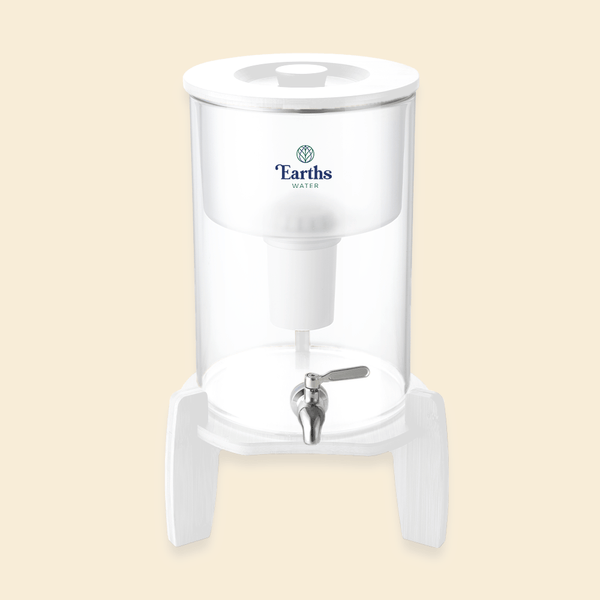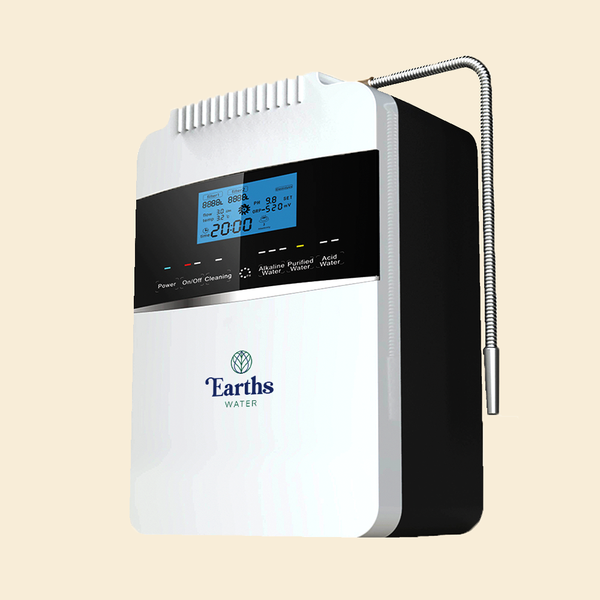
For many Aussies, collecting rainwater feels like the ultimate eco-win. Free water, falling from the sky, straight into your tank. No mains supply, no water bills, no guilt during a long summer drought. It's a conscious choice for a greener lifestyle that we can all get behind.
But here’s the question that matters most: is rainwater actually safe to drink?
It’s a topic that sparks debate, especially as more households turn to rainwater for off-grid living or simply to reduce their environmental footprint. The truth is, rainwater can be a safe, sustainable option, but only if you understand the risks and take the right precautions.
Why Australians Love Collecting Rainwater
In a country where water conservation is part of everyday life, rainwater harvesting just makes sense. According to a study, around 34% of Australian households use rainwater tanks—a number that’s been steadily rising.

The benefits are clear: it’s sustainable, cost-effective, and can reduce your reliance on mains water. For the garden, laundry, or loo, rainwater is a practical everyday resource. But when it comes to drinking straight from the tank? That’s where things get murky—sometimes literally.
Rainwater Risks You Shouldn’t Ignore
Even before it touches your roof, rainwater can carry dust, smoke particles, and other airborne pollutants. The real contamination risk, however, starts the moment it lands and begins its journey to your tank. Along the way, it can collect:
Bacteria and Viruses
Bird droppings, dead insects, and even small animals can leave behind faecal matter that introduces harmful pathogens such as E. coli, Salmonella, and Campylobacter. These can cause diarrhoea, vomiting, and other not-so-fun symptoms.
Heavy Metals and Chemicals
Roof materials like lead flashing, old paint, or copper pipes can leach metals into your water supply. Industrial pollution, especially in urban areas, can also introduce airborne chemicals that rain collects on its way down.
Organic Debris and Sediment
Leaves, dust, pollen, and dirt can clog up your tank and affect the smell, taste, and clarity of your water. Over time, this organic matter can even lead to the growth of biofilms (those slimy bacterial colonies).
Algae and Mould
If your tank gets sunlight, algae might decide to throw a pool party in your water. This can give your water an earthy taste and smell, which is not exactly thirst-quenching.

According to the Victorian Government Department of Health, rainwater is the next safest choice for drinking if your mains water supply is not available given that it’s properly collected and treated. That’s because even a clean-looking tank can harbour invisible contaminants.
The National Health and Medical Research Council (NHMRC) echoes this by stating that microbiological contamination is the most common health risk in rainwater tanks, especially when tanks are poorly maintained.
Why Filtration is Essential for Drinking Rainwater
If you’re serious about using rainwater as a reliable source of drinking water, filtration isn’t optional—it’s a necessity.
A solid filter for rainwater can remove:
-
Bacteria and viruses
-
Sediment, rust, and debris
-
Chlorine (if you chlorinate your tank)
-
Bad taste and odour
-
Heavy metals and microplastics
Basic filters might improve taste, but they won’t protect you from bacteria or viruses. That’s why our Under Sink Reverse Osmosis (RO) Water Filter is ideal for Australian homes. They’re designed to remove up to 98% of contaminants, including the bacteria, viruses, and heavy metals often found in rainwater tanks.

Why Our Under Sink RO Filter Works So Well for Rainwater:
-
Multi-stage filtration - it targets both visible particles and invisible threats.
-
Compact and discreet - it fits neatly under your sink.
-
Better taste, better hydration - When water tastes great, you naturally drink more.
So... Can You Drink Rainwater?
Yes, you can drink rainwater in Australia—but only if you’re doing it safely. That means:
-
Keeping your gutters clean
-
Sealing your tank properly
-
Using a high-quality filtration system
-
Monitoring water quality regularly
If you’re not doing those things, you’re taking a bit of a gamble with your health. And while a rainwater detox might sound like a wellness trend, trust us—it’s not the kind you want.
Other Ways to Use Rainwater
Rainwater is a bit of an all-rounder when it comes to the home. Once it’s collected, you can use it for far more than just filling a jug. The key is knowing that each use has its own ideal level of water quality.

Garden & Lawn Irrigation
Plants aren’t picky about crystal-clear water, and a little sediment or organic matter won’t harm them; in fact, it can add nutrients back into the soil. Perfect for keeping veggie patches, flower beds, and lawns lush without running up your mains water bill.
Toilet Flushing
Toilets make up a big chunk of household water use, so switching them to rainwater can have a noticeable impact on your savings. The water should be clear and odour-free to avoid stains or smells, but it doesn’t need to be treated to drinking standards.
Clothes Washing
Soft rainwater can be a blessing for your laundry. Without the minerals found in hard water, your clothes come out feeling softer and looking brighter, plus you can use less detergent. Just make sure the water is free from odour and visible debris to keep fabrics fresh.
Showering & Bathing
If your rainwater is clear, odour-free, and low in dissolved solids, it can definitely be used for bathing. Plus, it’s a great way to reduce demand on treated municipal supplies.
No matter how you plan to use it, proper filtration makes sure your rainwater is up to the task—whether that’s keeping your veggies happy or filling your glass with crisp, clean water.
The Clear Truth on Drinking Rainwater
Collecting rainwater feels like one of the most natural things in the world, but just because it’s natural doesn’t mean it’s risk-free. Even the cleanest-looking tank can hide a few unwelcome surprises, so it pays to treat your water with care.

Keep your system well maintained, filter it properly, and you can enjoy all the benefits of drinking filtered rainwater: from a lighter environmental footprint to water that tastes as fresh as it looks, without the health risks.
At Earths Water, we believe every drop should be as safe as it is sustainable. With the right filtration, your rainwater can go from roof to glass with complete peace of mind.









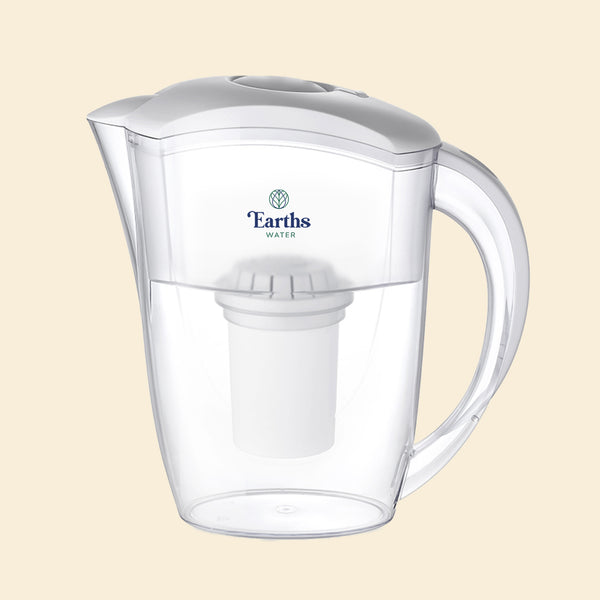
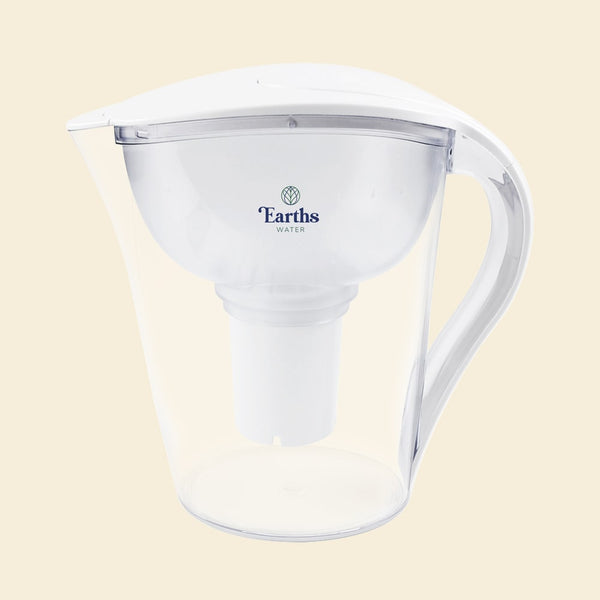
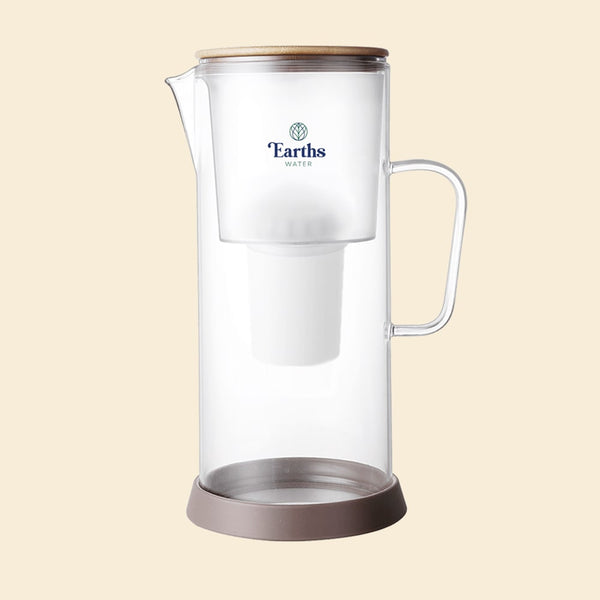
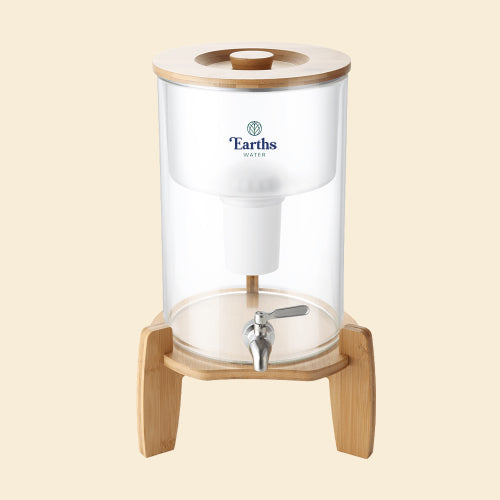
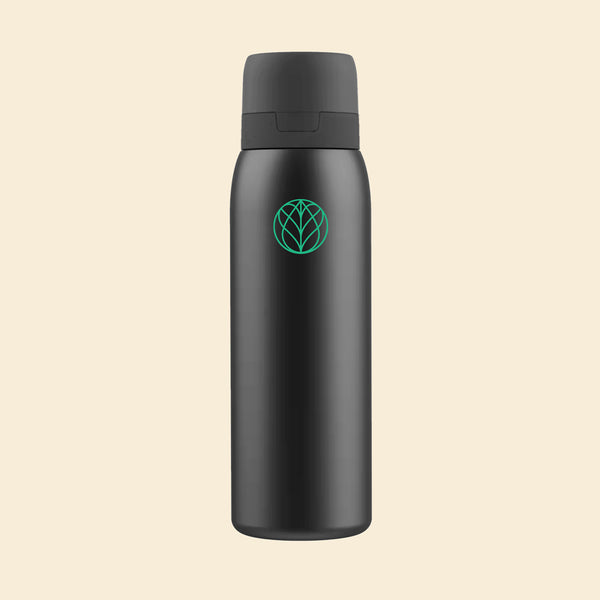
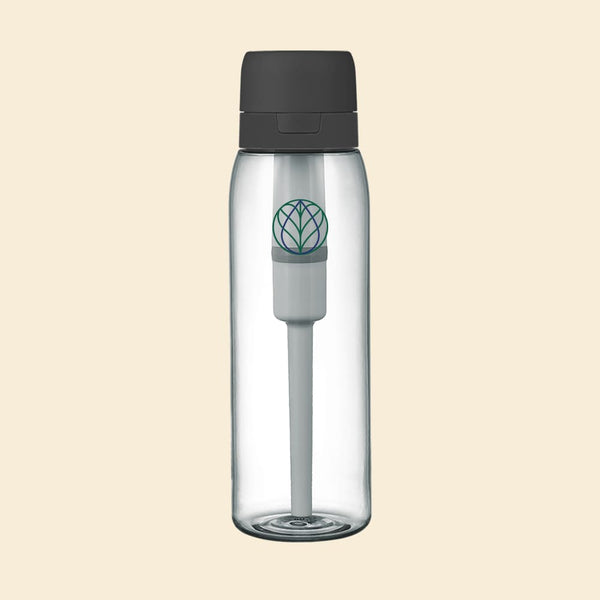
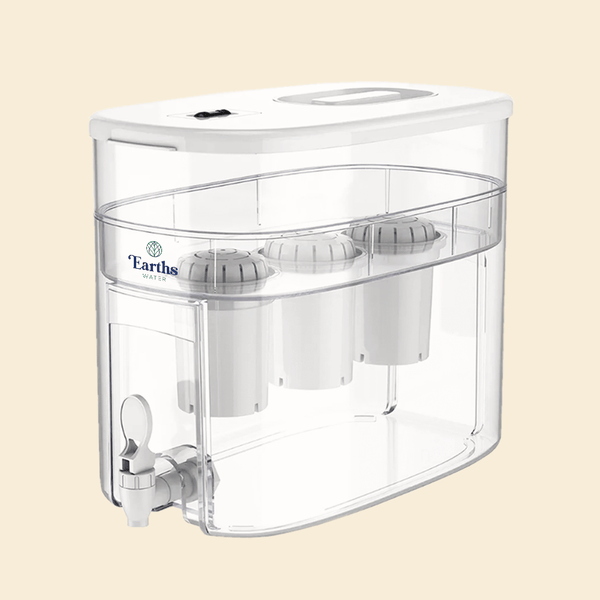
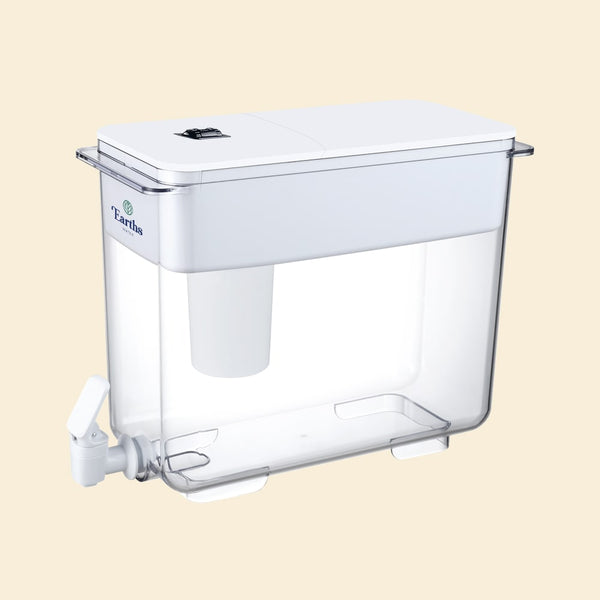
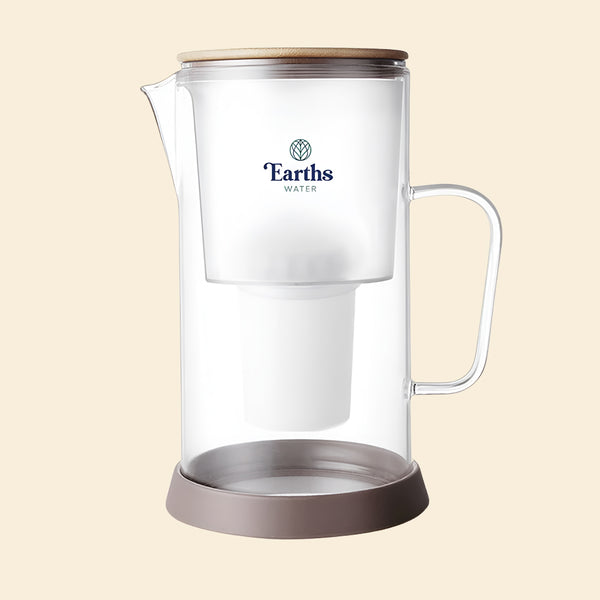
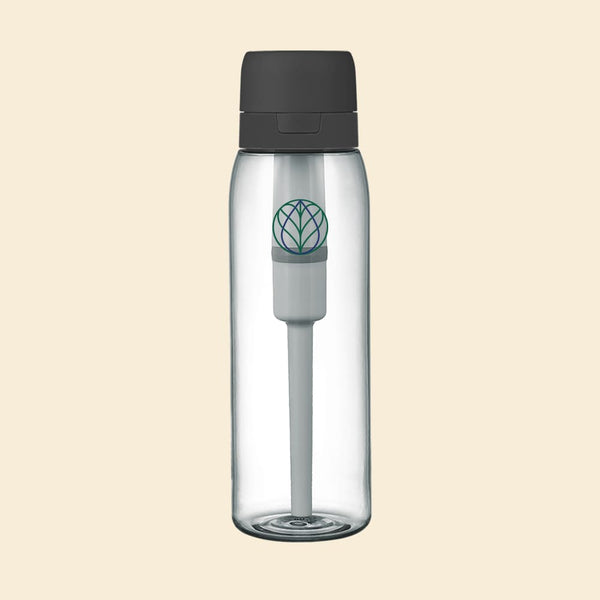
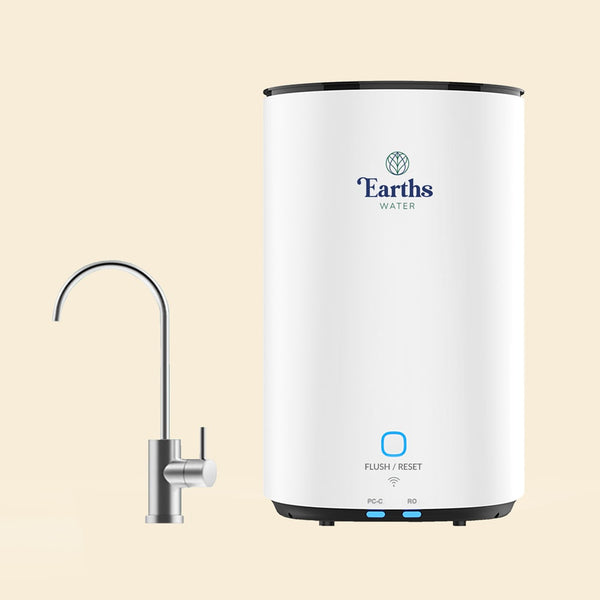
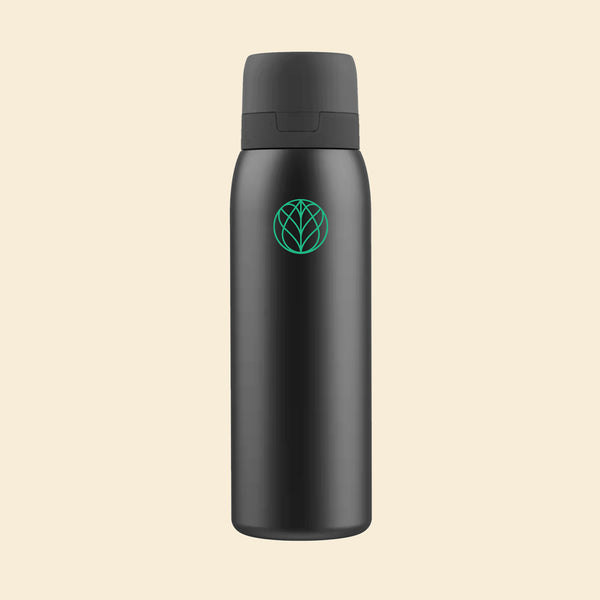
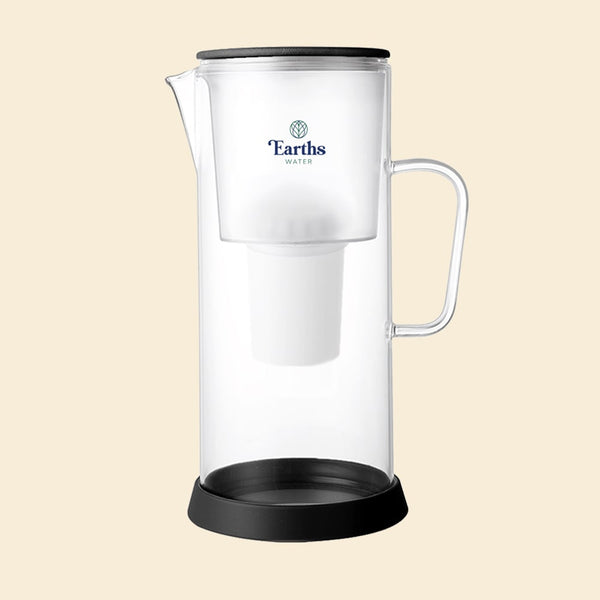
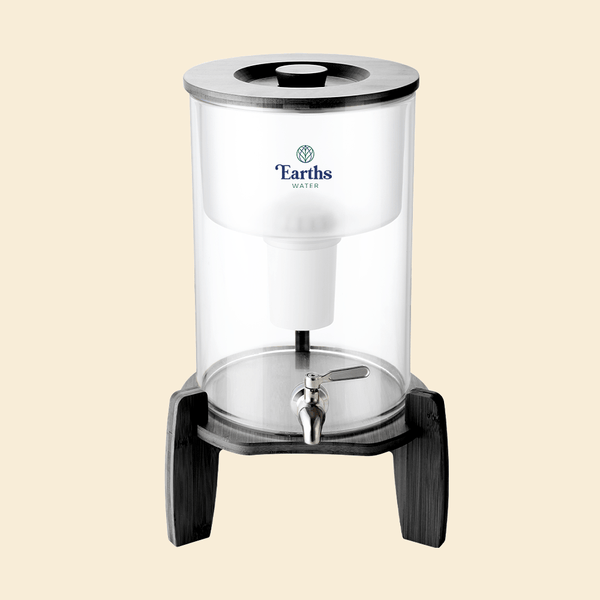
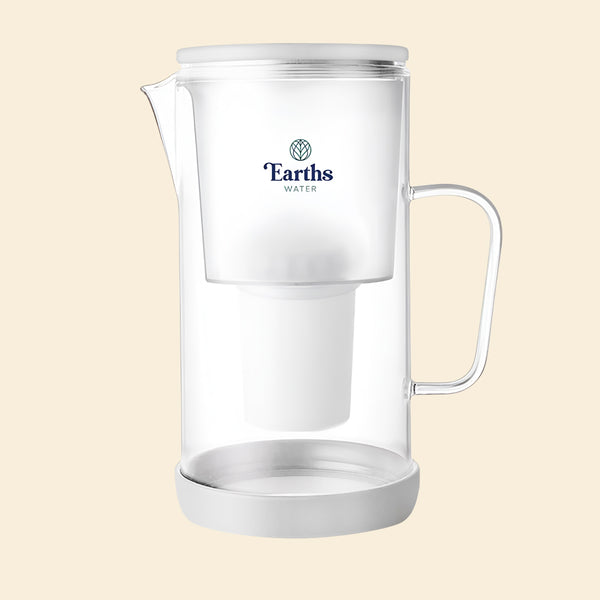
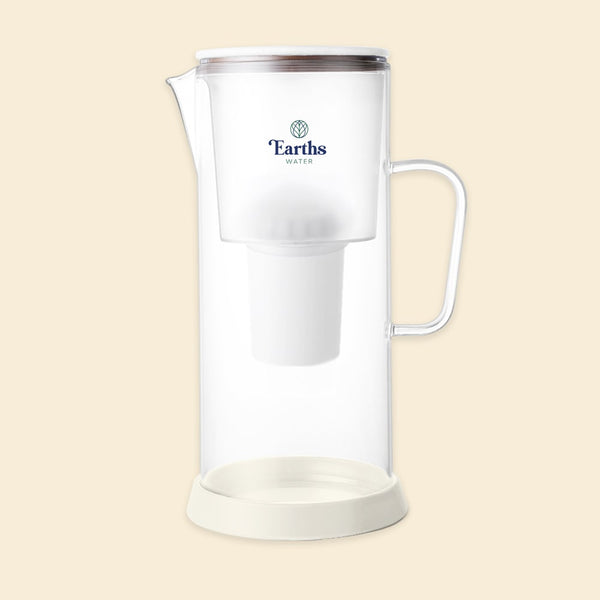
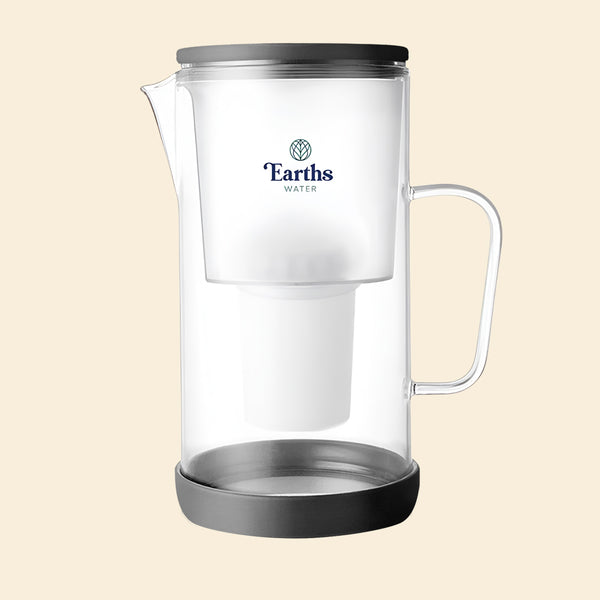
![9L Glass Benchtop Alkaline Water Filter - Eco Acacia [LIMITED EDITION]](http://earthswater.com/cdn/shop/files/ACACIA-BENCHTOP-FRONT-BEIGE_600x600.png?v=1743392740)
